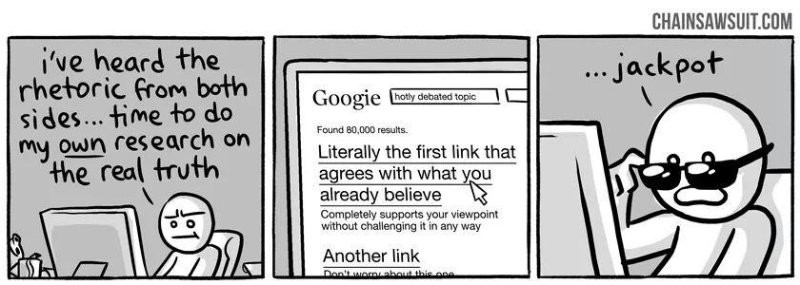UN HRC Report 36/55
On September 6, 2017, the UN Human Rights Council (HRC) published a report addressing the April 4 Khan Shaykhun attack. The report found “reasonable grounds to believe Syrian forces dropped an aerial bomb dispersing sarin in Khan Shaykhun.” This finding seems to bolster the hypothesis that the Syrian Army was responsible for the attack. That would justify inclusion in the related Rootclaim analysis. However, a closer look reveals that this is not the case.








Recent Comments